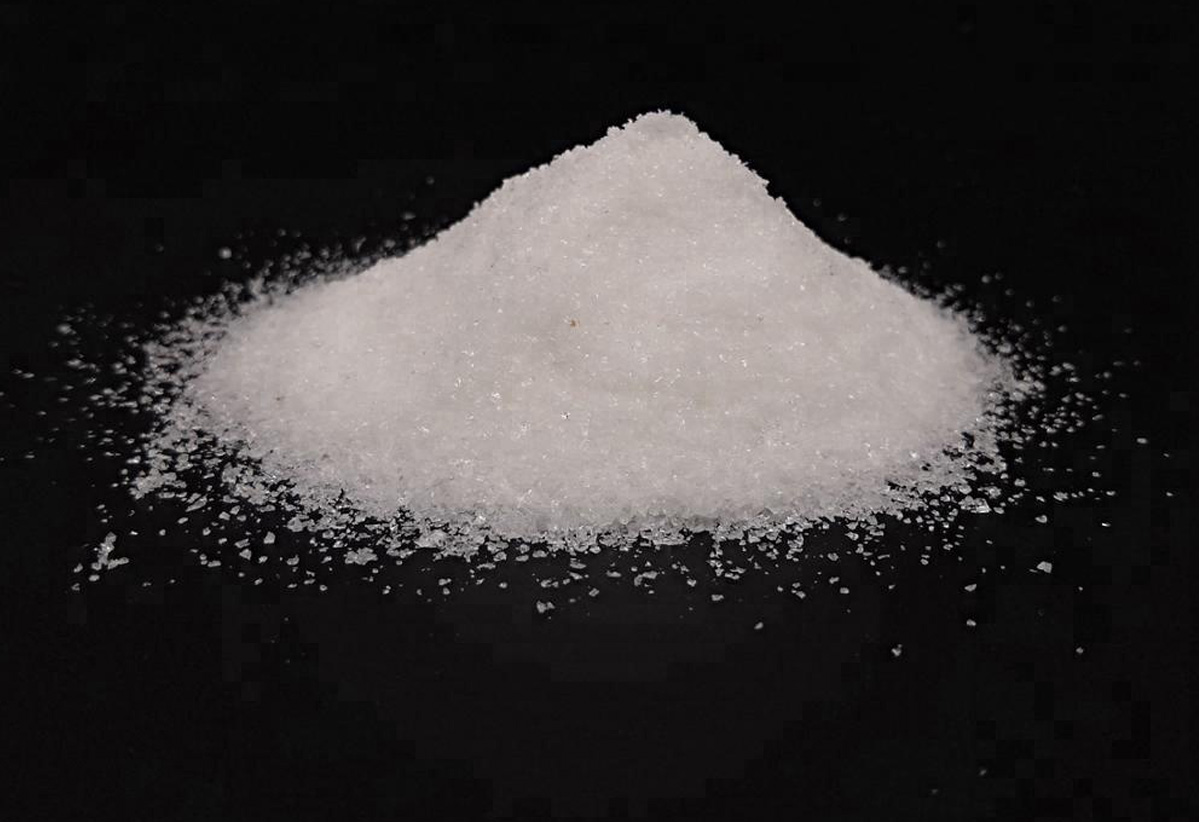Question: Can cationic polyacrylamide (CPAM) be used for sludge dewatering?
answer:
Yes, cationic polyacrylamide (CPAM) can be used for sludge dewatering. CPAM is a cationic polymer with good flocculation, flocculation and dehydration properties. During the sludge dehydration process, CPAM can form larger flocs with organic matter in the sludge through charge neutralization, accelerating the sedimentation and filtration of the sludge, thereby achieving the dehydration effect. In addition, CPAM also has good water solubility and thermal stability, has a wide range of adaptability, and can handle sludge of different properties.
Therefore, in the field of sludge dewatering, CPAM is widely used in various types of sewage treatment plants and sludge treatment plants, and is one of the key agents for sludge dewatering. It should be noted that when using CPAM for sludge dewatering, it is necessary to select the appropriate type and dosage of chemicals according to the properties and treatment requirements of the sludge, and combine it with other sludge dewatering technologies to achieve the best dehydration effect.







